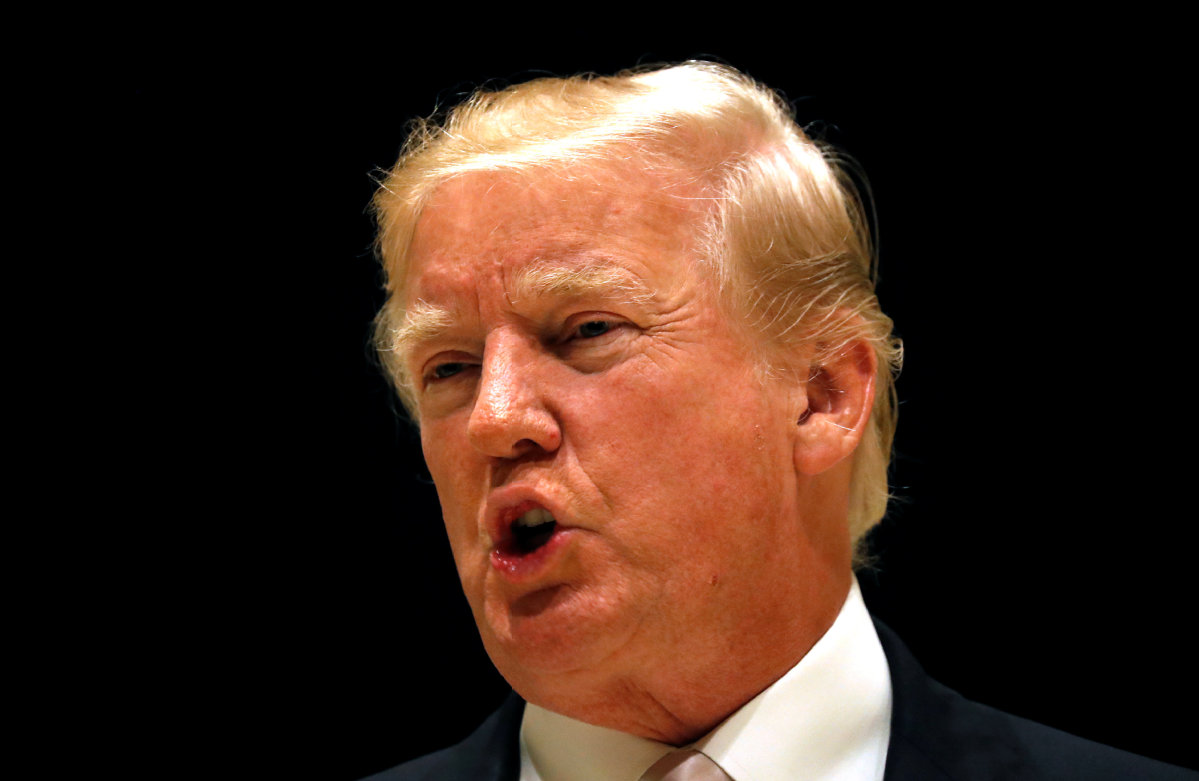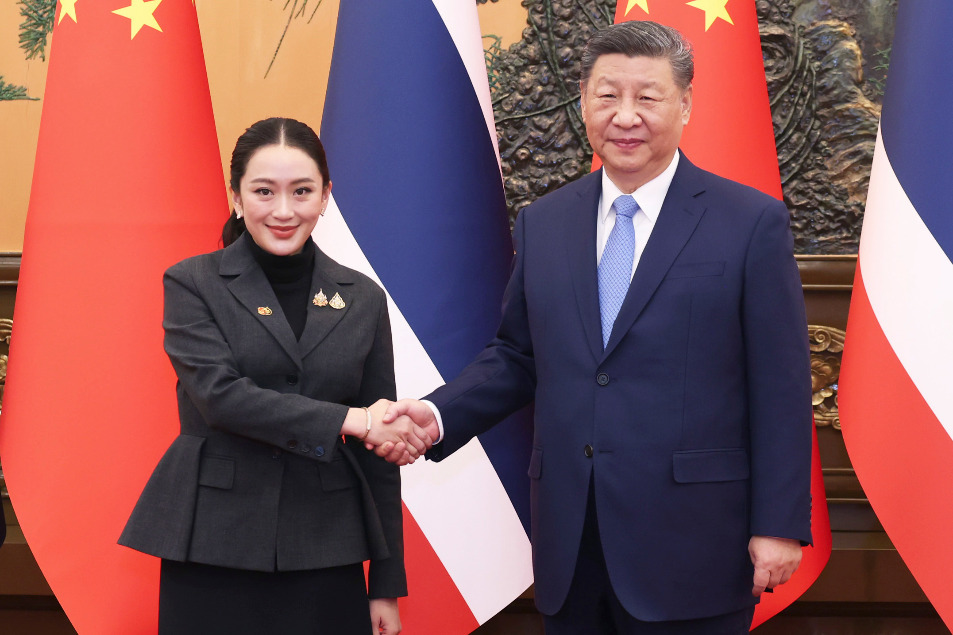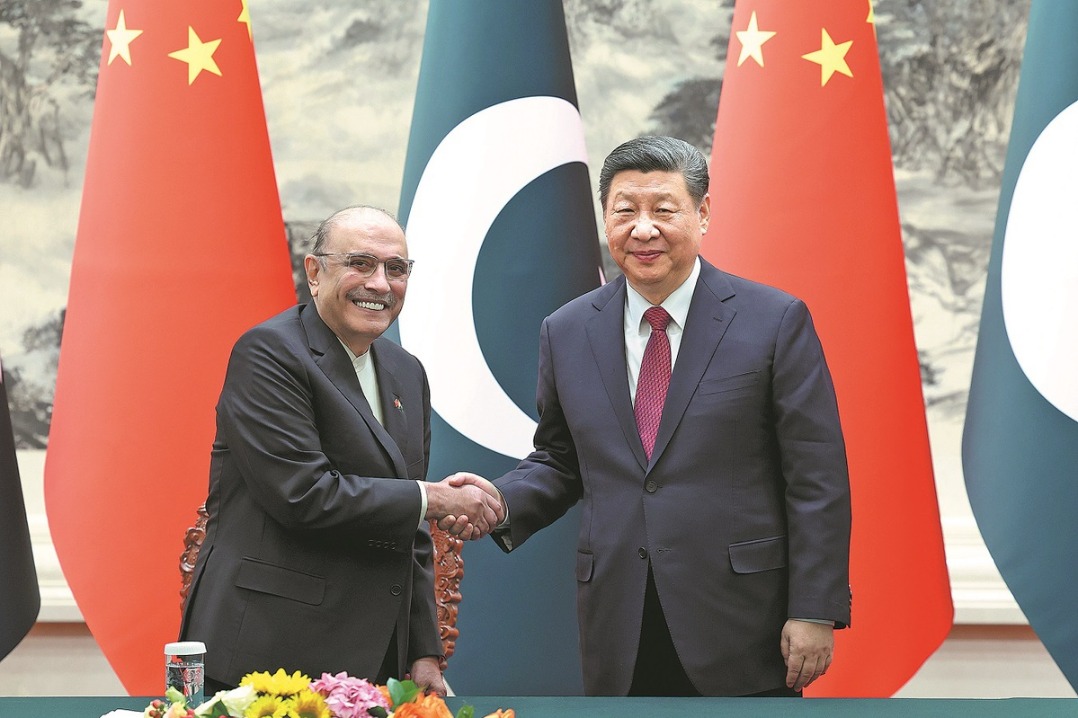Trump should not be blasé about possibility of trade war


The Chinese and United States economies have become so closely interwoven through trade in the past decades that a trade war would be costly, potentially debilitating, for both countries, with neither emerging a winner.
Based on their common awareness of this, both Beijing and Washington have treaded prudently on trade issues, despite their quarrels. Since neither can afford to cut trade ties, they have to find a way to get along anyway. And nothing works better than constructive engagement in resolving trade disputes.
A businessman himself, Donald Trump knows the importance of mutual goodwill when it comes to trade, and the harmful potentials of its absence. So even as he threatened Beijing with a very big fine for alleged theft of intellectual property on Wednesday, the US president stated he doesn't want a trade war.
We may have to wait until after his State of the Union address on Jan 30 to find out how far beyond our imagination that fine will be. But judging from Beijing's pledge to take "all necessary measures" and "resolutely safeguard" China's legitimate rights and interests, reciprocal actions will be inevitable if Washington does impose penalties under the rarely used Section 301 of the US Trade Act of 1974.
Although neither party is in favor of a full-blown trade war, the US is promoting trade protectionism and blocking Chinese investment under the guise of national security as part of Trump's bid to "make America great again". The political climate is already less than friendly, if not yet hostile, to the Chinese presence in the US.
The US House of Representatives introduced a bill on Jan 9 that would prohibit government purchases of telecoms equipment from Huawei Technologies Company and ZTE Corporation. US lawmakers are urging wireless carrier AT&T to cut all commercial ties with Huawei and deny China Mobile access to the US market on so-called national security concerns. The US government has blocked a string of Chinese acquisitions on similar grounds, including Ant Financial's proposed purchase of money transfer company MoneyGram International Inc.
Whether the apparently imminent wrangling will be in the form of tit-for-tat tariffs, or access denial for each other's companies, consumers, companies and the economies of both countries will be the ultimate victims in such a hazardous game.
Not much time is left for the White House to wise up and avoid that lose-lose scenario.


































